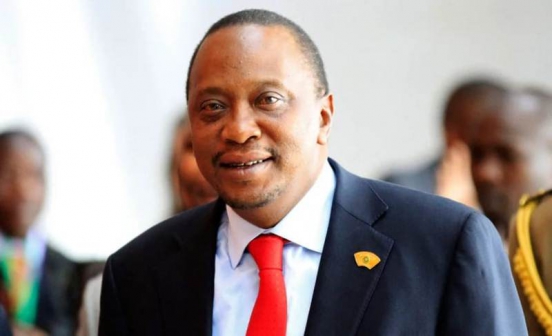
"Honour your father and your mother, so that you may live long on the soil which God has given you," says the Bible in Exodus 20:12, and it is repeated in Deutoronomy 5:16, Ephesians 6:1–2, and Colossians 3:20. Out of ten, only this commandment specifically lists a reward for its fulfillment, long life as a viable society. Clearly, the Bible wants us to understand that a society in which children cease honouring their parents will cease being functional. Its days will be numbered. This is a natural order of things. Those that do not honour and respect their parents, their elders, will not enjoy their wisdom and will flounder and suffer in their personal and professional lives. The saying 'Asiyesikia la mkuu huvunjika guu' (He who does not listen to the elder will break a leg) speaks to this as well.
Kenyan society has always placed great respect for our parents, elders and ancestors, because without them we would not be here today and become the people we are. Perhaps this is the key Kenyan success, where we have developed, grown and succeeded in excess of many of our neighbours on our continent and the region.